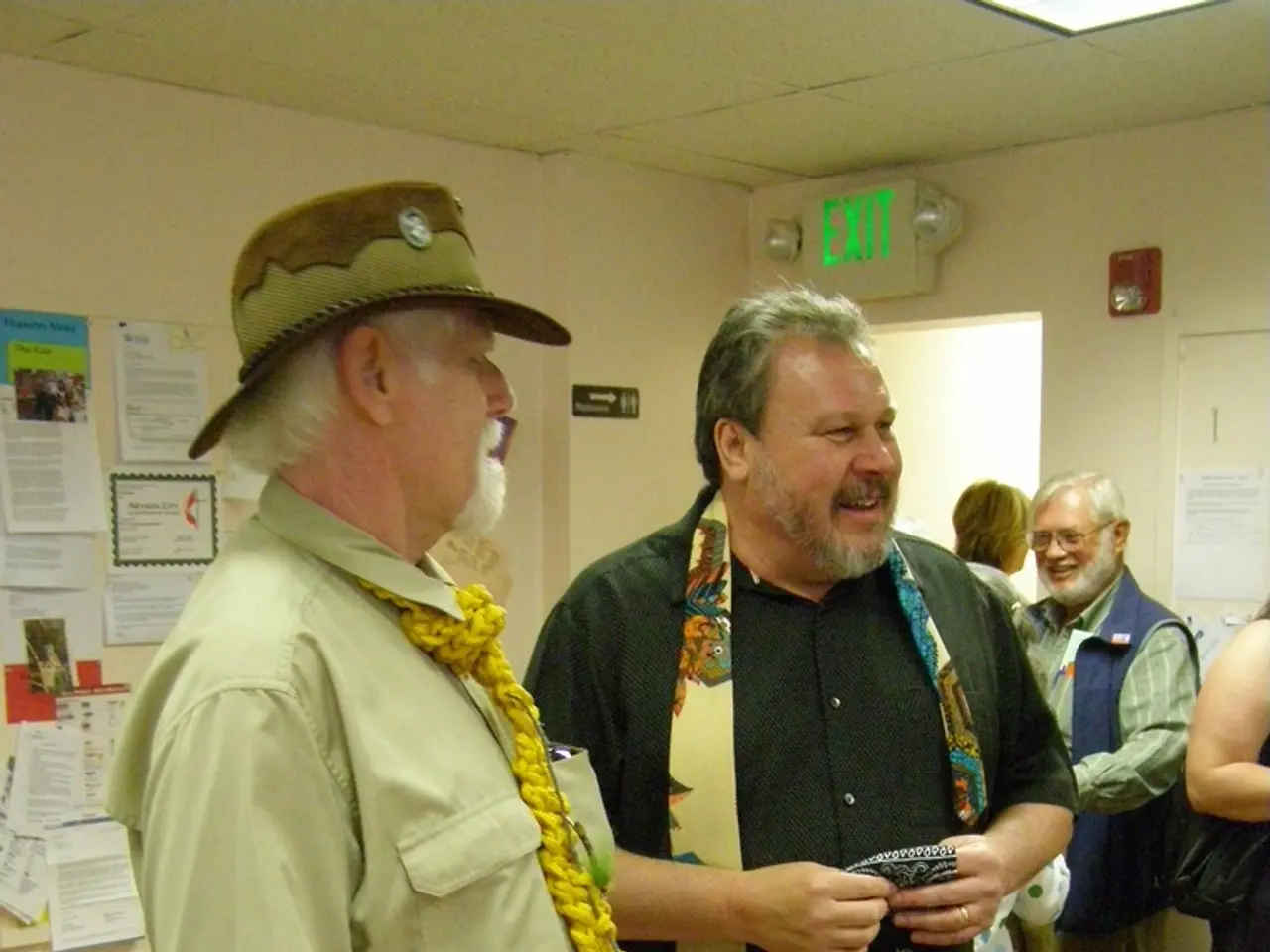Clarifying the Legal Framework for Elder Abuse: Safeguarding Susceptible Elders
Elder abuse is a growing societal issue that affects vulnerable individuals, and understanding the laws surrounding this issue is crucial in safeguarding the rights and well-being of the elderly population.
The legal framework for elder abuse encompasses both federal and state statutes, criminalizing abusive behaviors and ensuring accountability for offenders. For instance, California's Elder Abuse and Dependent Adult Civil Protection Act (EADACPA) defines elder abuse broadly, including physical abuse, emotional abuse, financial exploitation, neglect, abandonment, isolation, or abduction of a person aged 65 or older or a dependent adult.
At the federal level, laws such as the Elder Justice Act aim to promote the identification and prevention of elder abuse. This act, for example, mandates that staff in facilities receiving $10,000 or more in federal funds report suspected abuse or neglect, with serious cases reported within 2 hours, and other incidents within 24 hours.
Elder abuse laws address various forms of abuse, neglect, and exploitation, ensuring that victims receive legal recourse. These laws encompass physical, emotional, financial, sexual, and neglect forms of abuse. Law enforcement officers are trained to recognize signs of abuse and to interact sensitively with elderly individuals. Investigating elder abuse involves a systematic approach where trained professionals assess the situation, sometimes collaborating with social services and healthcare providers.
Support services for victims of elder abuse are available and include hotlines, counseling, legal assistance, and crisis intervention services. Confidentiality is often preserved during the reporting and investigative process to protect whistleblowers and the elderly individual.
In the event of suspected elder abuse, individuals can contact local Adult Protective Services (APS) or law enforcement agencies. The specific reporting procedures vary by state. For instance, in Maryland, health practitioners, police officers, and human service workers who reasonably believe a vulnerable adult is in danger must report to the local Department of Social Services. In Minnesota, reporting suspected nursing home abuse can be made either internally to the facility or directly to state authorities depending on the severity and urgency.
Collaboration between law enforcement and community organizations enhances the effectiveness of elder abuse response efforts. Advocacy groups work tirelessly to provide resources and support for elder abuse victims, educate the public, and influence legislation related to elder abuse laws. Legal aid organizations offer free or low-cost legal assistance for elder abuse victims seeking to navigate the legal system.
Remember, the elderly have the right to live free from abuse, make decisions about their lives, and receive care that meets their needs. It is our collective responsibility to ensure these rights are protected. If you suspect elder abuse, report it. Together, we can create a society where our elderly live with dignity and respect.
[References] 1. Maryland Department of Health, Adult Protective Services 2. Minnesota Board on Aging, Elder Abuse Prevention 3. California Advocates for Nursing Home Reform, Elder Abuse and Dependent Adult Civil Protection Act 4. U.S. Department of Health and Human Services, Administration for Community Living, Elder Justice Act 5. National Center on Elder Abuse, Statute of Limitations for Elder Abuse Civil Lawsuits
Science can play a significant role in enhancing our understanding of elder abuse, particularly by identifying patterns, risk factors, and effective interventions for prevention. For instance, research in health-and-wellness and mental-health domains can provide insights into the psychological dynamics and physical indicators of abuse, helping professionals to detect and respond appropriately. Additionally, evidence-based practices in these fields can contribute to the development of effective support services and treatment options for victims of elder abuse.




